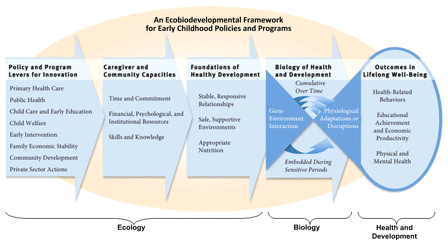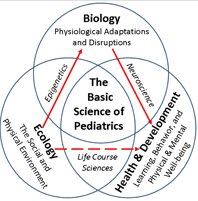Stress and Children
I recently read an interesting article from American Academy of Pediatrics on how stress in early childhood contributes to a life of health problems. Many of us are aware of this correlation, but the article is about how it is more than a simple correlation. Instead there are lasting effects that effects the actual make up of the brain. Early experiences can influence emerging brain architecture and as a result long-term health.
Long-term effects of childhood adversity can include, poorer:
- Academic achievement
- Economic productivity
- Health Status
- Chances of dealing with stress later on in life
Although a child going through unhealthy stress is not a rat, consider this. There was a study on rats: mother’s who licked and cared for there newborn produced babies that had less exaggerated stress as adults. Compared to rats who did not care for their infants so religiously who had pups who then in-turn passed on this skill to their babies. These less cared for baby mice had worse skills for dealing with stress.
The health status of children from stressful situations where they do not have a responsive caregiver can give different physiological effects which create:
- the “wear and tear” effect on multiple organs, including the brain
- a change in neuronal architecture which changes learning, memory, and executive functioning in the brain
- impaired memory and mood control
- more anxiety
- hyperactivity
- Problems in development of linguistics, cognitive, and social-emotional skills
- Difficulty distinguishing between conditions of safety and danger
Literally a child’s early environment get under their skin and change the very make up of the child. The relationship between stress and children can create many poor outcomes. Helping a child get through it can make all difference. This means creating the safe environment to know that the adult is there and will help them through life’s unexpected difficulties.

